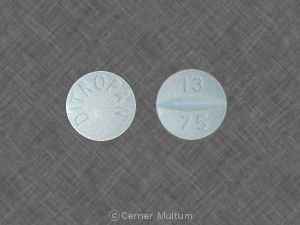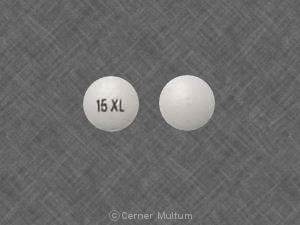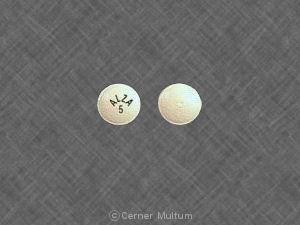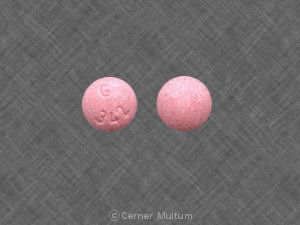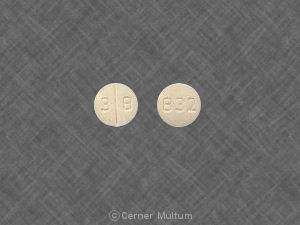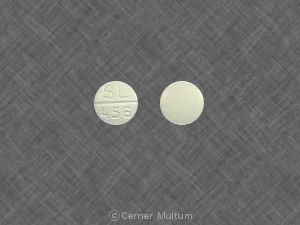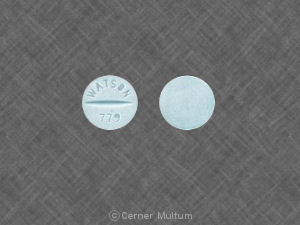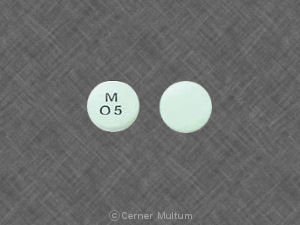What is the most important information I should know about oxybutynin?
You should not use oxybutynin if you have untreated or uncontrolled narrow-angle glaucoma, a blockage in your digestive tract (stomach or intestines), or if you are unable to urinate.
What is oxybutynin?
Oxybutynin reduces muscle spasms of the bladder and urinary tract.
Oxybutynin is used to treat symptoms of overactive bladder, such as frequent or urgent urination, incontinence (urine leakage), and increased night-time urination.
Oxybutynin may also be used for purposes not listed in this medication guide.
What should I discuss with my healthcare provider before using oxybutynin?
You should not use oxybutynin if you are allergic to it, or if you have:
- untreated or uncontrolled narrow-angle glaucoma;
- a blockage in your digestive tract (stomach or intestines); or
- if you are unable to urinate.
To make sure oxybutynin is safe for you, tell your doctor if you have:
- glaucoma;
- liver disease;
- kidney disease;
- an enlarged prostate;
- ulcerative colitis;
- Parkinson's disease;
- a nerve disorder that affects your heart rate, blood pressure, or digestion;
- a muscle disorder such as myasthenia gravis; or
- a stomach disorder such as gastroesophageal reflux disease (GERD) or slow digestion.
This medicine is not expected to harm an unborn baby. Tell your doctor if you are pregnant or plan to become pregnant.
It is not known whether oxybutynin passes into breast milk or if it could harm a nursing baby. Tell your doctor if you are breast-feeding a baby.
How should I take oxybutynin?
Follow all directions on your prescription label. Do not take this medicine in larger or smaller amounts or for longer than recommended.
Take oxybutynin with a full glass of water. Try to take the medicine at the same time each day.
Oxybutynin may be taken with or without food.
Do not crush, chew, or break an extended-release tablet. Swallow it whole.
Measure liquid medicine with the dosing syringe provided, or with a special dose-measuring spoon or medicine cup. If you do not have a dose-measuring device, ask your pharmacist for one.
Store at room temperature away from moisture and heat.
What happens if I miss a dose?
Take the missed dose as soon as you remember. Skip the missed dose if it is almost time for your next scheduled dose. Do not take extra medicine to make up the missed dose.
What happens if I overdose?
Seek emergency medical attention or call the Poison Help line at 1-800-222-1222.
What should I avoid while using oxybutynin?
This medication may cause blurred vision and may impair your thinking or reactions. Be careful if you drive or do anything that requires you to be alert and able to see clearly.
Avoid becoming overheated or dehydrated during exercise and in hot weather. Oxybutynin can decrease perspiration and you may be more prone to heat stroke.
What are the possible side effects of oxybutynin?
Get emergency medical help if you have any of these signs of an allergic reaction: hives; difficult breathing; swelling of your face, lips, tongue, or throat.
Stop using oxybutynin and call your doctor at once if you have:
- feeling very thirsty or hot, being unable to urinate, heavy sweating, or hot and dry skin;
- severe stomach pain or constipation;
- blurred vision, tunnel vision, eye pain, or seeing halos around lights;
- pain or burning when you urinate; or
- little or no urinating.
Common side effects may include:
- dry mouth;
- dry eyes, blurred vision;
- mild constipation; or
- dizziness, drowsiness.
This is not a complete list of side effects and others may occur. Call your doctor for medical advice about side effects. You may report side effects to FDA at 1-800-FDA-1088.
What other drugs will affect oxybutynin?
Taking this medicine with other drugs that make you sleepy can worsen this effect. Ask your doctor before taking oxybutynin with a sleeping pill, narcotic pain medicine, muscle relaxer, or medicine for anxiety, depression, or seizures.
Tell your doctor about all your current medicines and any you start or stop using, especially:
- other bladder or urinary medicines such as darifenacin, fesoterodine, tolterodine, solifenacin;
- bronchodilators such as ipratropium or tiotropium;
- cold or allergy medicine that contains an antihistamine;
- medication for Parkinson's disease; or
- medication to treat excess stomach acid, stomach ulcer, motion sickness, or irritable bowel syndrome.
This list is not complete. Other drugs may interact with oxybutynin, including prescription and over-the-counter medicines, vitamins, and herbal products. Not all possible interactions are listed in this medication guide.
Where can I get more information?
Your pharmacist can provide more information about oxybutynin.
Remember, keep this and all other medicines out of the reach of children, never share your medicines with others, and use this medication only for the indication prescribed.
Every effort has been made to ensure that the information provided by Cerner Multum, Inc. ('Multum') is accurate, up-to-date, and complete, but no guarantee is made to that effect. Drug information contained herein may be time sensitive. Multum information has been compiled for use by healthcare practitioners and consumers in the United States and therefore Multum does not warrant that uses outside of the United States are appropriate, unless specifically indicated otherwise. Multum's drug information does not endorse drugs, diagnose patients or recommend therapy. Multum's drug information is an informational resource designed to assist licensed healthcare practitioners in caring for their patients and/or to serve consumers viewing this service as a supplement to, and not a substitute for, the expertise, skill, knowledge and judgment of healthcare practitioners. The absence of a warning for a given drug or drug combination in no way should be construed to indicate that the drug or drug combination is safe, effective or appropriate for any given patient. Multum does not assume any responsibility for any aspect of healthcare administered with the aid of information Multum provides. The information contained herein is not intended to cover all possible uses, directions, precautions, warnings, drug interactions, allergic reactions, or adverse effects. If you have questions about the drugs you are taking, check with your doctor, nurse or pharmacist.
Copyright 1996-2018 Cerner Multum, Inc. Version: 6.05. Revision date: 4/1/2015.
